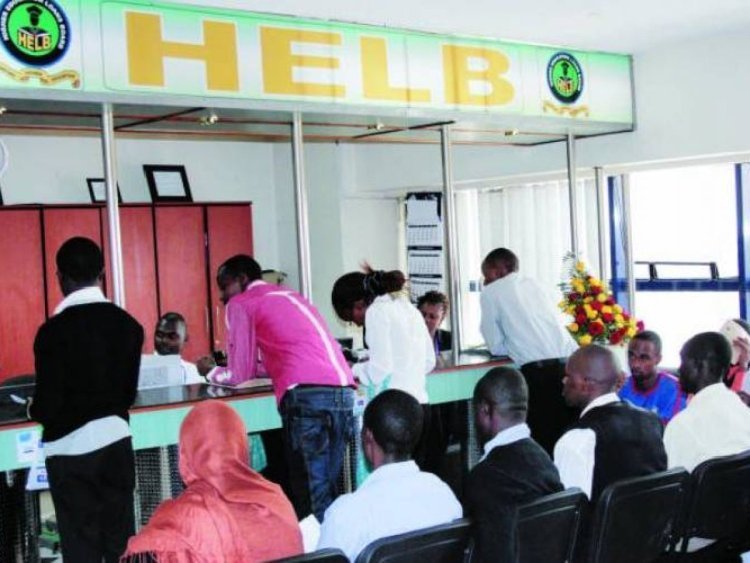HELB Dismisses Reports Of Hackers Raiding 5,000 Student Accounts
A social media post which HELB has since flagged as fake revealed that the hackers had gained control of 5,000 student accounts.

The Higher Education Loans Board (HELB) has dismissed social media reports claiming that hackers had gained control of funds meant for students.
A social media post which HELB has since flagged as fake revealed that the hackers had gained control of 5,000 student accounts.
The post further called upon all those who received a message to visit the nearest Huduma Centre with their national identity cards.
“People! Around 5K held batches have been hacked,, if you received a message from surepay on the weekend please visit the nearest Huduma centre by tomorrow,” the fake post read in part.

A hacker working on his computers. /AVAST
However, HELB on Monday, January 22 urged students to ignore the fake reports and assured them that their funds are secure.
“Fake news alert! Disregard this false HELB message claiming a hack on batch numbers!
"Your funds are safe. No need to rush to Huduma Centres. Let’s verify any information before sharing,” HELB stated.
The clarification came days after the government disbursed Ksh14.4 billion for scholarships and loans to first-year students in public universities.
Education Cabinet Secretary (CS) Ezekiel Machogu in a statement outlined that Ksh10.39 billion would go to HELB while Ksh3.98 billion would go to scholarships through the Universities Fund (UF).
The new model for distributing funds from HELB to university students saw President William Ruto increase university fees and make changes to the criteria in which students would benefit from the learning, with some students standing to gain a 100 per cent scholarship while others would be required to foot the costs or get loans to fund their studies throughout their tertiary education.
The new funding will cover both University as well as Technical and Vocational Education and Training (TVET) students.
In the new funding model, Ruto stated on May 3, 2023, that universities and TVETS would no longer receive block funding in the form of capitation based on a Differentiated Unit Cost and that funding to students shall combine scholarships, loans and Household contributions on a graduated scale.
According to the Head of State, the new model will include students categorised into three: the Vulnerable, the Less Vulnerable and the Able.
Ruto noted that the government would issue full scholarships for vulnerable students, thus sparing their parents from the need to pay any amount for the education of the students.


 admin
admin 




